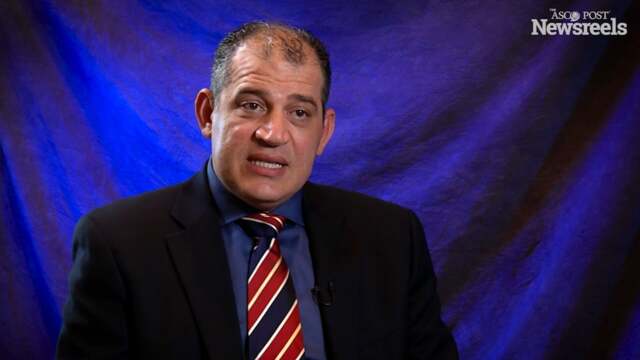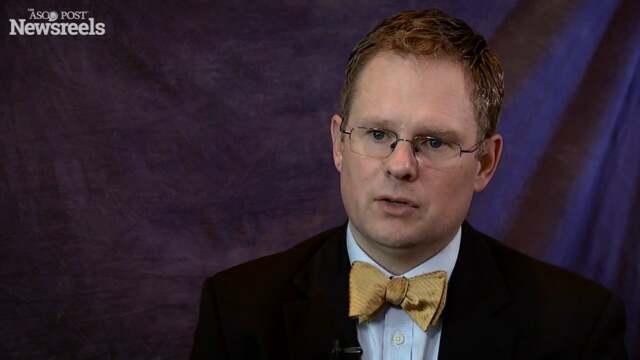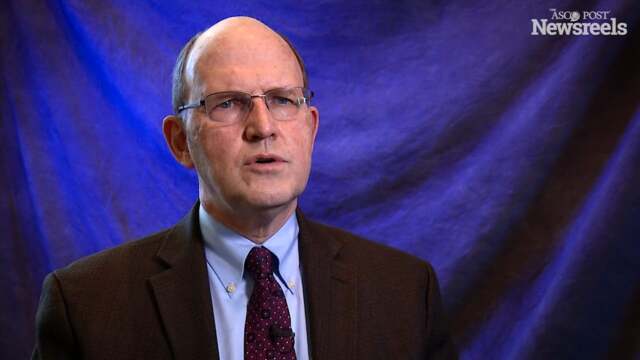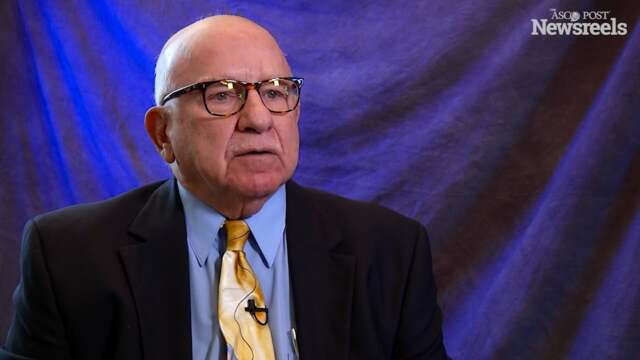Jaffer Ajani, MD, on Metastatic Gastroesophageal Cancers: Expert Perspective
2016 NCCN Annual Conference (1)
Jaffer Ajani, MD, of The University of Texas MD Anderson Cancer Center, discusses the importance of HER2/neu testing and other aspects of treating patients with advanced gastroesophageal adenocarcinoma.
Mahmoud Al-Hawary, MD, of the University of Michigan Comprehensive Cancer Center, discusses the role of radiology in diagnosing and staging pancreatic tumors, optimizing imaging techniques, and the value of structured reporting.
Toby C. Campbell, MD, of the University of Wisconsin Carbone Cancer Center, discusses palliative care, hospice care, and best supportive care practices, as well as the challenges of symptom management and end-of-life issues.
Christopher Willett, MD, of Duke Cancer Center, discusses short and long courses of treatment, neoadjuvant chemotherapy with or without radiation, and organ preservation without surgery.
Joseph V. Simone, MD, of the Simone Consulting Company, gives his expert perspective on the important messages of this year’s meeting.
Judith Paice, PhD, RN, of the Robert H. Lurie Comprehensive Cancer Center of Northwestern University, discusses strategies for safe opioid prescribing: making a comprehensive assessment, stratifying risk, using universal precautions, and educating practitioners on safe storage and disposal.





